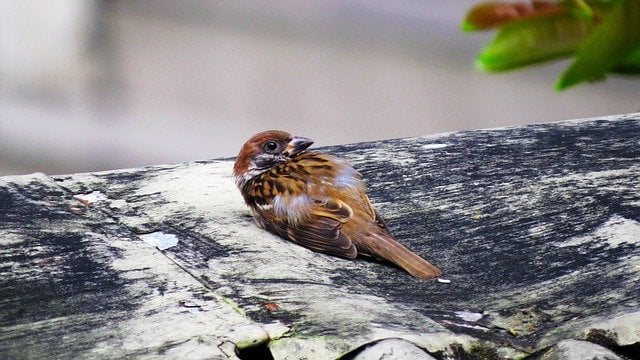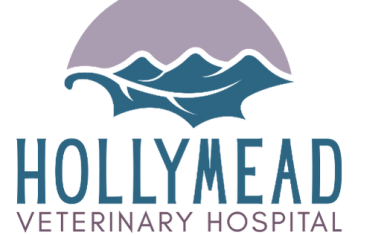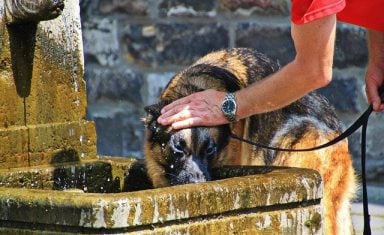As winter ends and spring begins, it will be time for many of us to get back to hiking, kayaking, camping, and gardening. As we do this, we will come into contact with wildlife. This blog will cover a few tips on finding wildlife and what to do when you do so.
What Should I Do When I Find Baby Animals in the Wild?
That answer is a simple one: Leave them where they belong. Wild animals belong in the wild, and just because a baby is on its own when you stumble upon it, does not mean its mother has left for good. Oftentimes, mothers leave their babies in a safe place, whether it be a nest or den, and go in search of food to bring back later in the day.
Mothers will not approach their babies if humans are standing around, so it’s best to observe from a distance if you are unsure if a baby animal has a mother. We try to help with the best intentions, but nature knows what it is doing.
Is It Okay to Help a Baby Bird That Has Fallen Out of its Nest?
Maybe you’ve heard that animal mothers will abandon their young simply because of a human scent. This is not true. Yes, the best thing you can do is place a baby bird back in the nest it fell from. If the nest is damaged, however, leave the animal where it is. This applies to snakes and turtles as well. These animals have set home ranges and tend to not thrive if removed from them.
If you Find a Baby Animal Whose Mother is Confirmed Gone
Unless you are a certified wildlife rehabilitator, it is also illegal to adopt wild animals. Even a baby raised with your family will still be a wild animal. Also, many wild animals raised by humans do not thrive when later released into the wild. Also, due to their early contact with humans, they can become aggressive with other humans they meet in the future.
Protect Your Home and Family by Leaving Wild Animals Alone
Wildlife carry diseases such as parasites, rabies, distemper, and tularemia. These can infect you and your pets. Wild animals also do not understand that you mean to help. They might try to bite or scratch you if you try to rescue them.
If you find a truly injured animal, we recommend you call your local animal control first. You can also contact the Wildlife Center of Virginia, located in Waynesboro, or the Rockfish Wildlife Sanctuary. They can help provide care and information on the correct thing to do.
If you find injured wildlife after hours, contact VETSS. Our Katie Fund allows us to stabilize these patients until they are ready for transfer to the Wildlife Center of Virginia.
Please have a safe and warm spring!
– Dr. McKenna
For more information, contact our team at VETSS!



